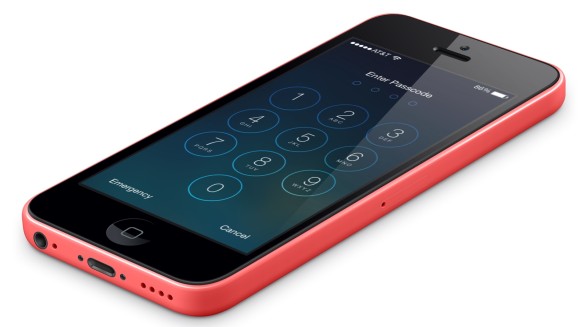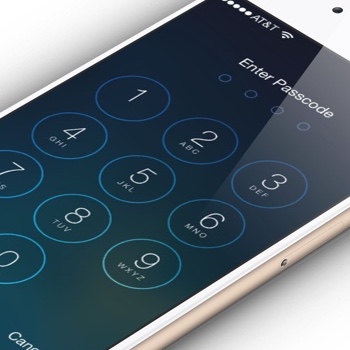It looks as if the ongoing encryption battle between the Department of Justice and Apple over a court order that would require the Cupertino firm to help the FBI unlock an iPhone belonging to San Bernardino shooter Syed Farook has come to an end.

CNBC reports prosecutors have filed a motion asking the court to vacate the original order. From the court filing:
The government has now successfully accessed the data stored on Farook’s iPhone and therefore no longer requires the assistance from Apple Inc. mandated by Court’s Order Compelling Apple Inc. to Assist Agents in Search dated February 16, 2016.
Accordingly, the government hereby requests that the Order Compelling Apple Inc. to Assist Agents in Search dated February 16, 2016 be vacated.
Apple and the government were set to go head-to-head last Tuesday, March 22, but a day before the court date, the FBI requested a temporary postponement of the hearing, as it believed it had discovered a way to access the iPhone in question that would not require Apple’s assistance.
The FBI enlisted the aid of Cellebrite, an Israeli firm specializing in mobile forensic solutions which help law enforcement agencies crack encryption on electronic devices. The government did not go into details on how the information on the iPhone was obtained, merely saying it had been collected.
A federal magistrate judge in February ordered the company to assist the FBI in unlocking an iPhone 5c used by San Bernardino shooter Syed Farook. Complying with that order would force the Cupertino firm to create a new variation of iOS that would allow brute-force attacks to bypass the four digit passcode used by Farook to lock his iPhone.
Apple had resisted the order, and other federal efforts to allow access to similar devices, stressing that creating such a “backdoor” would set a dangerous legal precedent, allowing law enforcement agencies the leverage needed to use the same arguments in similar cases. The company also has expressed concern that such a modified version of iOS could end up in the hands of the bad guys, allowing them the same access to users’ devices, creating a whole new crisis over user privacy.


